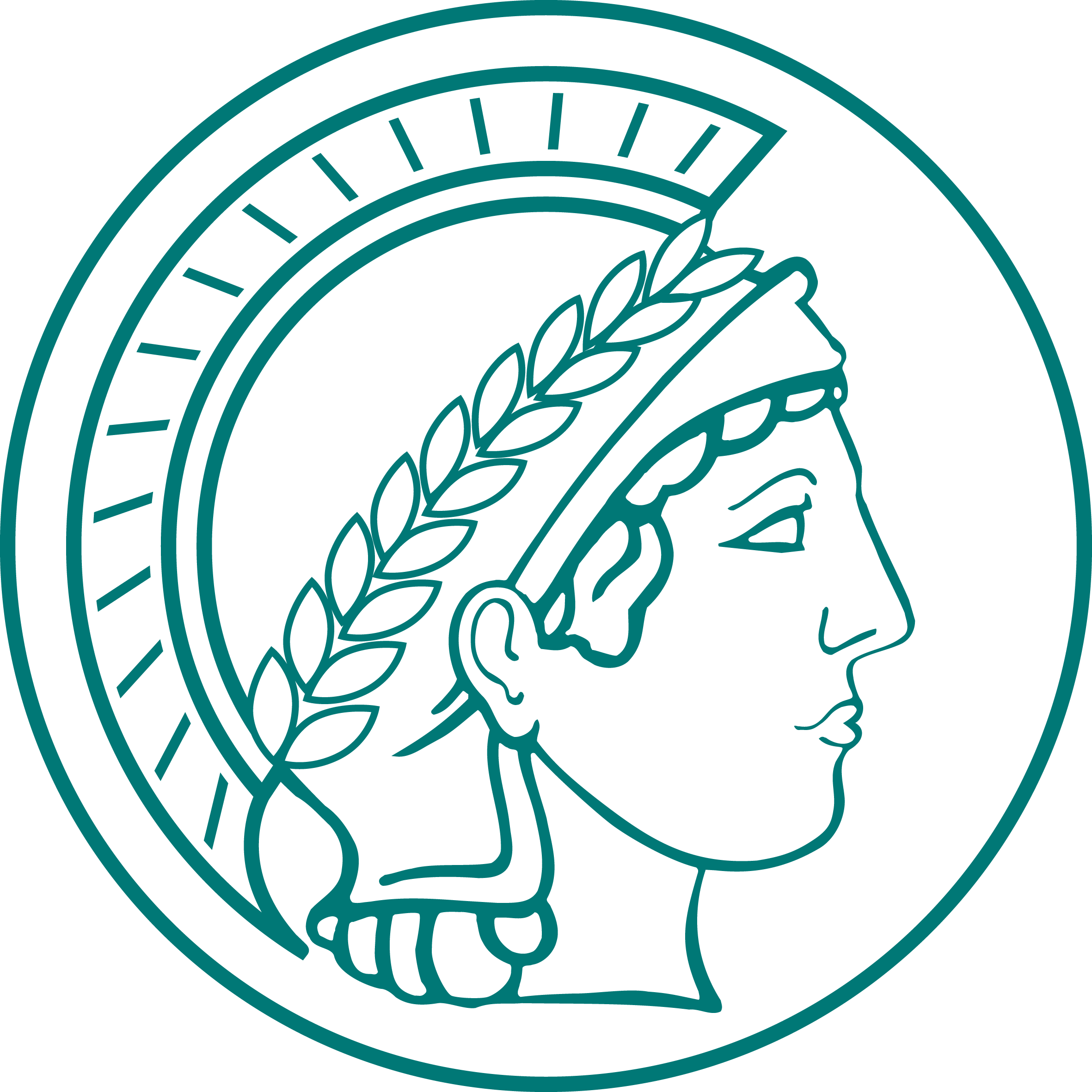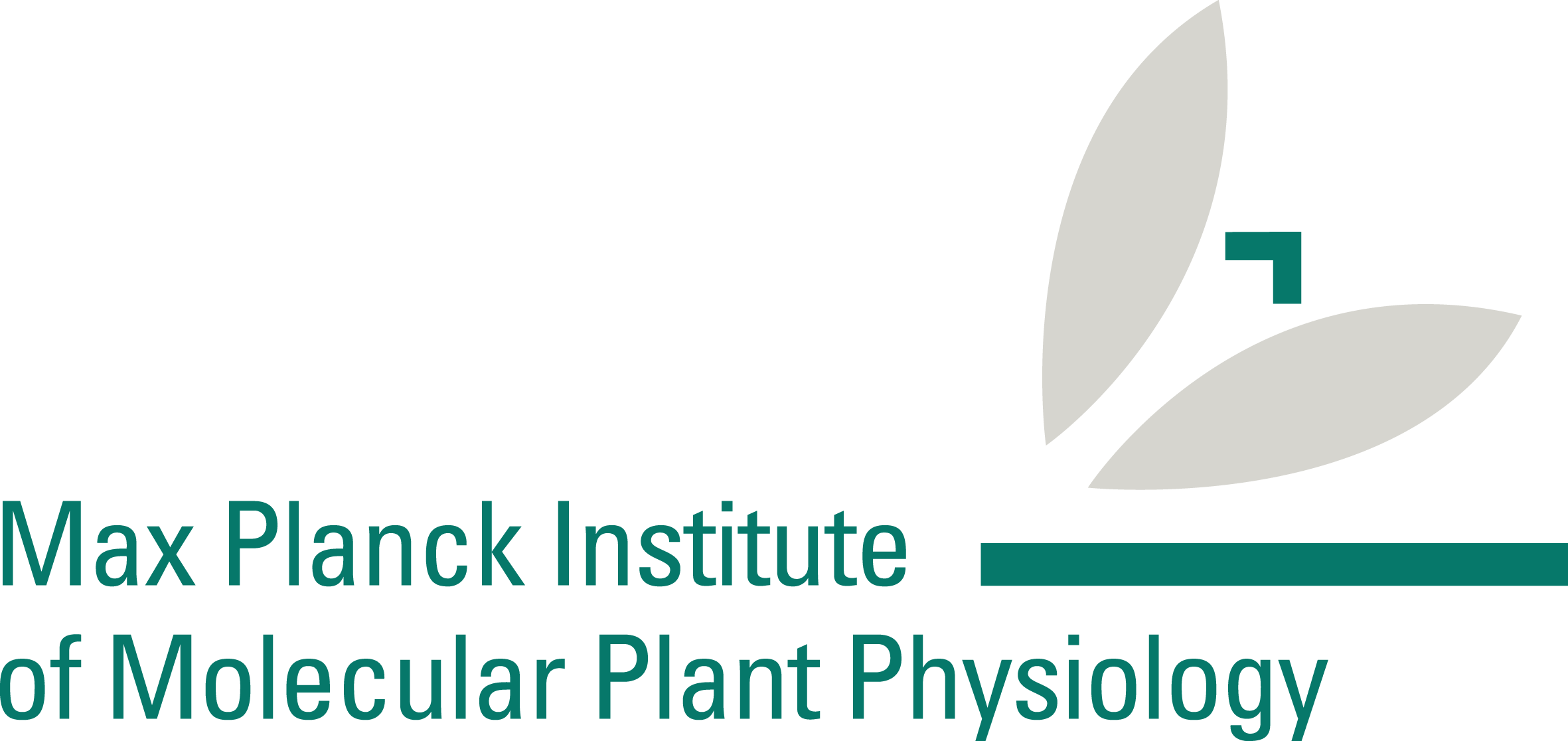

The MPI for Molecular Plant Physiology in Potsdam is looking for a
Computational Biologist in the Plant Synthetic Biology Group
Are you a passionate computational biologist eager to shape new plant genomes? Do you want to apply cutting-edge large language models to genome design and regulatory element prediction? If so, join us at the Plant Synthetic Biology group of Dr. Daniel Dunkelmann at the Max Planck Institute for Molecular Plant Physiology.
We have a strong experimental platform where your computational designs will be directly tested in plants. You will work closely with a plant biologist to refine models and develop tools that advance the emerging field of plant synthetic biology.
You will join the SycSol team, funded by the Advanced Research and Invention Agency (ARIA) and embedded in their Synthetic Plants programme, giving you access to a vibrant community of fellow plant synthetic biologists.
Our team designs plant genomes capable of functioning across species and develops strategies to enable their effective transfer between hosts. We engineer synthetic genetic codes to enable artificial polymer production and to ensure genetic isolation of synthetic elements in plants. Our focus is on advancing methods at the intersection of computational, molecular, synthetic, and plant biology. We are building an interdisciplinary and diverse team to drive innovation in this space.
Your specific tasks:
- Develop large language models tailored to chloroplast biology
- Design synthetic chloroplast genomes following specific design rules
- Develop predictive tools for regulatory elements in chloroplasts.
Beyond these research tasks, we offer a platform for you to take initiative and grow into an independent scientist. As a postdoc, you will have the opportunity to shape the direction of your project.
- Mentor MSc and PhD students, preparing for a future supervisory role
- Attend workshops and conferences to present your findings and advance your professional development.
Your profile:
- PhD in Machine Learning, Computational Science, Computational Biology, or a related field, with first-author or co-author publications in preprints or peer-reviewed journals
- Experience with advanced phylogenetics and omics data analysis, as well as de novo assembly of chloroplast and mitochondrial genomes from sequencing data, is advantageous
- Flexibility in the start date is a big plus, we would like you to start as soon as possible
- You are committed to fostering a friendly and welcoming lab atmosphere.
What we value and offer:
We value curiosity, kindness and ambition, and building things together. Whether you are a team player or prefer to focus on your own work, as long as you contribute to an inclusive workplace, you are welcome in our team!
We offer a stimulating research setting at one of the world’s leading plant biology institutes. The Max Planck Institute for Molecular Plant Physiology, located in Potsdam-Golm near Berlin, provides world-class infrastructure and outstanding support services. The position is fully funded and comes with excellent resources, allowing full focus on science for two years.
How to apply:
Tell us why you are interested in plant synthetic biology and why you’re well suited to computationally design chloroplast genomes and regulatory. We would also like to hear what kind of lab setting you enjoy and what helps you doing your best work.